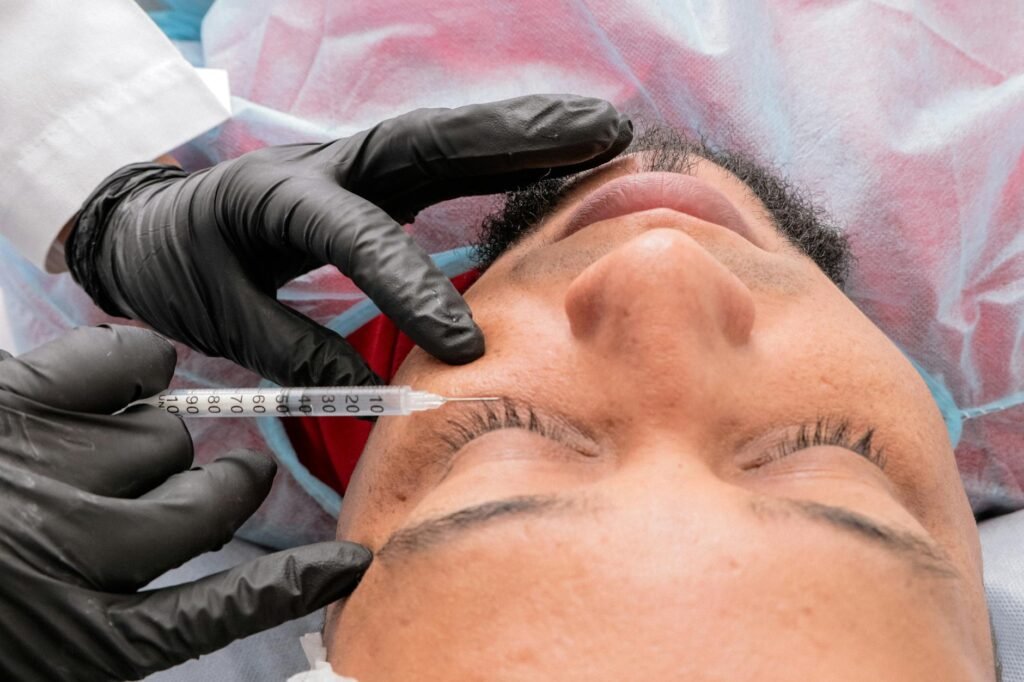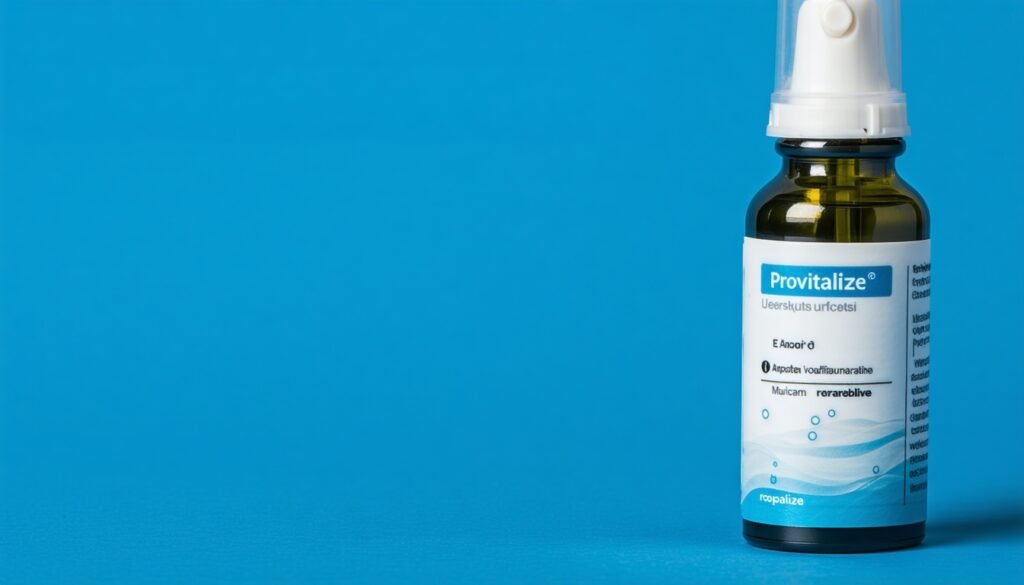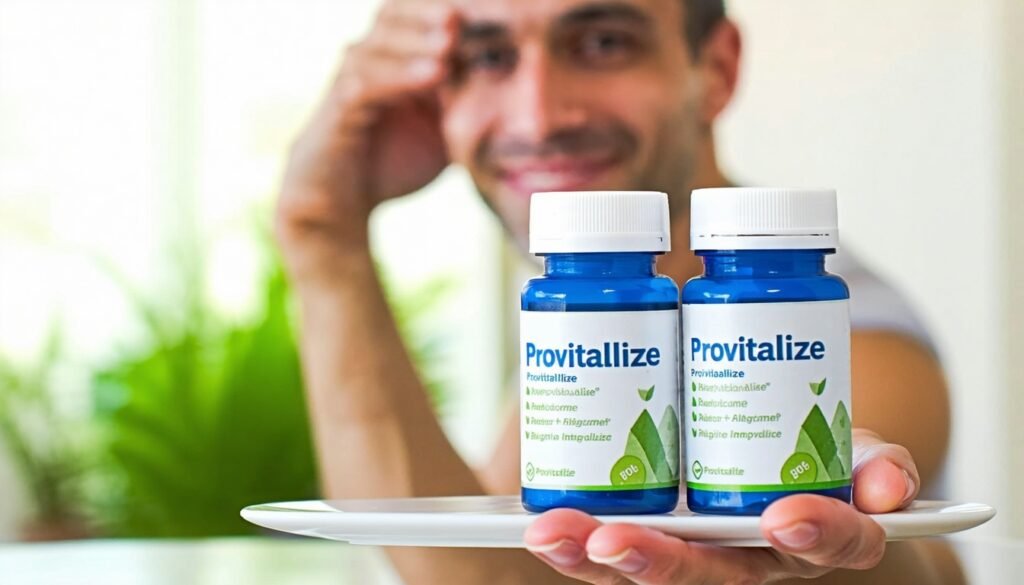Understanding Melatonin
What is Melatonin?
Melatonin is like your body’s natural bedtime whisperer, produced by the pineal gland in your noggin. It’s the hormone that nudges you towards sleep when the sun goes down and helps you rise and shine when morning comes. Think of it as your internal clock’s trusty sidekick.
People often turn to melatonin supplements when sleep becomes elusive, whether due to jet lag or other sleep hiccups. You can snag these supplements like tablets, capsules, or even gummies. But heads up, the FDA doesn’t keep tabs on dietary supplements, so quality and actual melatonin content can be a bit of a wild card (Cleveland Clinic).
How Does Melatonin Work?
Melatonin’s got a pretty straightforward gig. It cozies up to receptors in your brain, helping to regulate your sleep-wake cycle. As evening rolls in, melatonin levels rise, signaling your body to chill out and get ready for some shut-eye. This whole process is tied to the natural light-dark cycle, with melatonin production ramping up when it’s dark and dialing down when it’s light.
For folks wrestling with sleep disorders or jet lag, melatonin supplements can help reset the body’s internal clock. Research shows they can boost sleep in certain situations, but chatting with a healthcare provider before diving in is a smart move due to possible side effects and figuring out the correct dose (Cleveland Clinic).
| Time of Day | Melatonin Levels |
|---|---|
| Morning | Low |
| Afternoon | Low |
| Evening | High |
| Night | Highest |
Melatonin’s generally safe for short-term use, and you’re unlikely to get hooked, build a tolerance, or wake up feeling groggy. Still, watch for possible side effects like drowsiness, headaches, and those dreams that feel too real. For more on these side effects, check out our section on melatonin and dreams.
Melatonin is your go-to hormone for sleep regulation, and its supplements can be a lifesaver for those battling sleep troubles. Just remember to use them wisely and with a healthcare pro’s guidance. For more scoops on melatonin dosage, click here to read our article on melatonin dosage for sleep.
Common Side Effects
Melatonin is the go-to for catching some Zs, but like any magic pill, it might have a few hiccups. Let’s break down the usual suspects regarding melatonin side effects.
Drowsiness and Headaches
Are you feeling like a zombie after popping melatonin? You’re not alone. This sleepy-time hormone is all about flipping the switch on your sleep-wake cycle, so it’s no shocker that drowsiness tops the list. Pro tip: Avoid driving or playing with heavy machinery for about five hours after taking it (Mayo Clinic).
Then there are the headaches. They can range from a mild annoyance to a full-on throb. Keep tabs on how your noggin reacts and tweak your dose if needed. For the lowdown on getting the dose just right, check out our piece on melatonin dosage for sleep.
| Side Effect | Frequency |
|---|---|
| Drowsiness | Common |
| Headaches | Common |
| Dizziness | Common |
| Nausea | Common |
Data from the Mayo Clinic and NHS
Vivid Dreams and Nightmares
Ever wake up wondering if you just starred in a blockbuster dream? Melatonin might be the director behind those vivid dreams and nightmares. It messes with your REM sleep, the stage where dreams get real (UC Davis Health).
While some folks find these dreams wild, others might not be thrilled. If melatonin’s turning your nights into a horror show, consider tweaking the dose or timing. For more on how melatonin plays with your dreamscape, peek at our article on melatonin and dreams.
| Side Effect | Frequency |
|---|---|
| Vivid Dreams | Common |
| Nightmares | Common |
Data from UC Davis Health
Knowing these side effects can help you decide if melatonin is your sleep buddy. Always chat with a healthcare pro if things get dicey or you face serious side effects. For more on melatonin’s tricks, dive into our articles on melatonin for anxiety and jet lag.
Less Common Side Effects
Melatonin is usually a safe bet for short-term use, but it occasionally throws a curveball with unexpected side effects. These can range from mild to “maybe I should stop taking this” levels.
Depression and Anxiety
Sometimes, melatonin can stir up some blues or make you feel slightly jittery (Mayo Clinic). While not everyone will experience these emotional hiccups, they can be a real bummer, especially if you’re already juggling mental health challenges. Keep an eye on your mood, and if things start to feel off, it’s a good idea to chat with a healthcare pro.
| Side Effect | Frequency |
|---|---|
| Depression | Less Common |
| Anxiety | Less Common |
If anxiety is crashing your sleep party, you might want to check out other sleep aids or get some tailored advice from a healthcare provider. We’ve got more on this in our melatonin for anxiety article.
Tremors and Confusion
Melatonin can also throw in some mild tremors and confusion for good measure. These can be a bit unsettling and might mess with your daily groove. The Mayo Clinic notes melatonin can lead to mild tremors, irritability, reduced alertness, confusion, or disorientation.
| Side Effect | Frequency |
|---|---|
| Tremors | Less Common |
| Confusion | Less Common |
If you find yourself shaking or feeling confused, it’s probably time to stop taking melatonin and seek medical advice. Although these side effects are rare, they can affect your overall well-being and safety.
For the nitty-gritty on melatonin dosage and its effects, swing by our melatonin dosage for sleep article.
Knowing these less common side effects can help you decide if melatonin is proper. Always chat with a healthcare provider before diving into any new supplement, especially if you have other health issues or are on medications.
Interactions and Risks
Interaction with Other Medications
Melatonin supplements can play a tricky game with other meds, sometimes stirring up side effects you didn’t sign up for. If you’re juggling pills or dealing with health issues, it’s wise to know how melatonin might mix things up. The NHS points out that some meds can crank or tone down melatonin’s sleepy-time effects, leading to surprise naps or a less-than-stellar snooze.
Here’s a quick rundown of meds that might not play nice with melatonin:
- Blood thinners: Melatonin might up the bleeding risk—yikes!
- Immunosuppressants: Could mess with how these meds do their job.
- Diabetes meds Might tweak your blood sugar levels.
- Birth control pills Can boost melatonin levels in your system.
- CNS depressants: Mixing these with melatonin might make you extra sleepy.
Before you dive into the melatonin pool, chat with your healthcare provider, especially if you’re on any of these meds. Curious about how melatonin might mess with your mind? Check out our piece on melatonin for anxiety.
Risks of Overdose
Melatonin’s usually a safe bet, but going overboard can bring on some unwanted side effects. The Sleep Foundation warns that high doses might lead to headaches, nausea, and feeling like a zombie, especially if you’re no spring chicken. But don’t worry, it’s not likely to be deadly for adults.
| Dosage (mg) | Potential Side Effects |
|---|---|
| 1-3 mg | Pretty safe, not much to worry about |
| 5-10 mg | Headaches, nausea, and dreams that feel too real |
| 10+ mg | Risk of feeling drowsy for way too long, confusion, and med mix-ups |
Watch out for sketchy supplement labels—they can lead to accidental overdosing. Stick to top-notch melatonin and follow the dosage rules. For more on getting the correct dose, peek at our article on melatonin dosage for sleep.
Knowing the ins and outs of melatonin interactions and risks can help you make wise choices. Continuously loop in your healthcare provider before starting any new supplement, especially if you’re dealing with health issues or taking other meds. For more on melatonin’s quirks, dive into our articles on melatonin, dreams, and melatonin for jet lag.
Safety Considerations
Short-Term Use Safety
Melatonin has a pretty good track record for short-term use. Studies show it’s effective, and folks usually handle it well for up to three months. You might feel a bit sleepy or get a headache, but these are usually no big deal and don’t stick around long. Plus, you won’t find yourself hooked on it or needing more and more to get the same effect. There’s no morning-after grogginess, either, which is a win in our book.
| Duration of Use | Safety Level |
|---|---|
| Up to 3 months | Generally safe |
| Over 3 months | Check with your doc |
Curious about more side effects? Head over to our melatonin side effects page for the scoop.
Dependency and Tolerance
Melatonin is a champ when it comes to not causing dependency or tolerance. Unlike some other sleep aids, you won’t find yourself needing to up the dose over time. This makes it a solid choice for those looking for a natural way to catch some Zs without worrying about getting hooked.
Still, it’s wise to use melatonin wisely. Start small and only bump up the dose if you need to. For grown-ups, kicking off with 1 mg is a good bet, and you can add another 1 mg each week if you feel it’s necessary. For more information on how much to take, check out our melatonin dosage for sleep guidance.
| Dosage | Recommendation |
|---|---|
| Starting Dose | 1 mg |
| Increase by | 1 mg per week |
Knowing the ins and outs of melatonin safety helps you make the best choices for your sleep needs. If you’re curious about how melatonin might mess with your dreams, swing by our melatonin and dreams section.
Melatonin in Specific Groups
Melatonin Use in Children
Melatonin and kids—it’s a hot topic these days. While melatonin is often seen as a natural fix for sleep troubles, its safety for little ones isn’t fully nailed down yet. Short-term side effects might include difficulty waking up, headaches, dizziness, and nausea. There’s also chatter about it messing with hormone levels and possibly affecting puberty.
| Potential Side Effects in Children | Frequency |
|---|---|
| Difficulty Waking Up | Common |
| Headache | Common |
| Dizziness | Less Common |
| Nausea | Less Common |
Doctors usually discourage melatonin use in children under 2. Instead, they suggest sticking to a regular bedtime routine. For those over 2, it’s best to chat with the pediatrician before trying melatonin.
Melatonin overdoses in kids are on the rise, with more hospital visits happening because of accidental ingestion. Parents should keep all meds and supplements out of reach (Sleep Foundation). Even for teens, parents should handle the melatonin, as calls to poison control about overdoses shot up 530% from 2012 to 2021.
Check out our article on melatonin dosage for sleep for more on how much melatonin is okay for kids.
Melatonin Use in Pregnancy
When it comes to pregnancy, melatonin is a bit of a mystery. There’s not much research on how safe it is for expecting moms, and the risks to the baby aren’t clear. So, doctors usually say to steer clear of melatonin unless your doctor gives the green light.
Pregnant women dealing with sleep issues might want to try other ways to catch some Z’s, like sticking to a sleep schedule, keeping good sleep habits, and trying relaxation techniques. Always talk to a healthcare provider before using any sleep aids, including melatonin.
For more on melatonin’s side effects and how it plays with other meds, check out our articles on melatonin, dreams, and melatonin for anxiety.
Dosage and Recommendations
Starting Dosage Guidelines
Getting the right start with melatonin is key to catching those Zs without any hiccups. Both grown-ups and kiddos should start with a tiny dose and only bump it up if the sandman still isn’t showing up.
For adults, the magic number to start with is 1 mg. If sleep is still difficult to get, they can add another 1 mg each week until they hit the sweet spot. But remember, more isn’t always merrier—upping the dose too much can lead to funky dreams or feeling like a zombie the next day.
| Age Group | Starting Dose | Maximum Dose |
|---|---|---|
| Adults | 1 mg | 5 mg |
| Children (2+ years) | 0.5 mg | 3 mg |
Source: UC Davis Health
Recommendations for Parents
If you’re a parent thinking about melatonin for your little night owl, there are some things to keep in mind. Experts say to steer clear of melatonin for kids under 2. Instead, try setting up a bedtime routine that even the sandman would approve of.
For those over 2, chatting with the pediatrician before diving into the melatonin pool is a good idea. They can give you the lowdown based on your kid’s health and sleep habits. Usually, kids start with 0.5 mg, and you can slowly up it if needed.
Parents should always hand out melatonin to their kids, even teenagers. This is super important because those gummy versions can look like candy, and nobody wants a surprise trip to the ER. Between 2012 and 2021, calls about overdoses to poison control centers shot up by 530% (UC Davis Health).
For more scoop on melatonin dosage and safety, check out our article on melatonin dosage for sleep.
By following these guidelines, people and parents can use melatonin to help with sleep without worrying about side effects sneaking up on them.
Melatonin Supplements Quality
Are you thinking about grabbing some melatonin supplements? Let’s chat about what you’re getting when you pop those pills. This bit’s all about the sneaky surprises in labeling and how the FDA’s got its hands tied to keeping things in check.
Inaccuracies in Labeling
Melatonin supplements can be like a box of chocolates—you never know what you’ll get. A study from the American Medical Association in April 2023 took a closer look at those over-the-counter melatonin gummies and found some wild differences between what’s on the label and what’s inside. It turns out that the real deal ranged from 74% to 347% of what was promised, with 88% of the products not matching up.
| Product | Labeled Melatonin (mg) | Actual Melatonin (mg) | Percentage of Labeled Amount |
|---|---|---|---|
| Product A | 5 | 3.7 | 74% |
| Product B | 5 | 17.35 | 347% |
| Product C | 5 | 4.4 | 88% |
Another study found that the melatonin content of 31 supplements varied widely, from 83% less to 478% more than what was advertised (Cleveland Clinic). This kind of inconsistency can interfere with sleep goals and might even cause unwanted side effects.
FDA Regulation and Quality Control
The FDA has its hands complete, and dietary supplements like melatonin don’t get the same attention as prescription meds. This means there’s a lot of wiggle room regarding quality and actual melatonin content. Without strict rules, manufacturers can skip proving their products are safe or accurate before they hit the shelves.
To ensure you’re getting the good stuff, look for melatonin that’s been endorsed by third-party testers. These folks check out the content and purity, giving you more peace of mind. And hey, chatting with your healthcare provider can help you determine if melatonin’s your jam and which kind might work best for you.
For more scoop on what melatonin might do to you, check out our article on melatonin side effects. If you’re thinking about using melatonin for stuff like jet lag or anxiety, it’s wise to know the proper doses and how it might mix with other meds.











